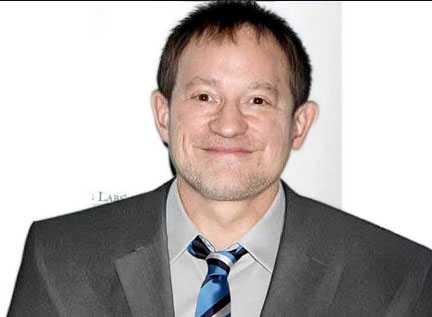Madagascar is currently witnessing an unprecedented wave of protests, the largest in over 15 years, driven largely by the frustration of its youth. Thousands have taken to the streets across the island, demanding accountability and a change in governance amid worsening living conditions.
The recent protests erupted following the arrest of city politicians who aimed to organize a peaceful demonstration in Antananarivo regarding chronic shortages of power and water. These detentions have galvanized public sentiment, leading to widespread outrage and a surge in participation from various civil society groups, notably the youth-driven movement known as Gen Z Mada.
Protesters have cited failures in basic governance—particularly frequent electricity outages blamed on the state-owned utility company Jirama—as a primary trigger for their demonstrations. The public outcry intensified, culminating in demands for the resignation of President Andry Rajoelina, who has been accused of incompetence amidst rampant corruption and social unrest.
Despite Rajoelina's attempts to quell the unrest by sacking his government and promising reforms, public anger remains high. Reports indicate that more than 22 lives have been lost during these protests, though the government disputes these figures, calling them exaggerated and fueled by misinformation.
The movement has gained momentum as Gen Z Mada coordinates through social media, and now includes support from labor unions and opposition leaders. Demonstrators have been vocal about their demands, which include not only the resignation of Rajoelina but also calls for restructuring the National Assembly and holding security forces accountable for violence against protesters.
The ongoing unrest highlights the broader issues of poverty and dissatisfaction with the government's ability to manage public services. With 75% of Madagascar’s population living below the poverty line and only a fraction of the country having access to reliable electricity, the protests symbolize a critical juncture for Madagascar's future.
As tensions escalate, political analysts warn of a potential deepening crisis and fear that the government's reliance on force to suppress dissent may lead to more significant political fragmentation in the long run.





















